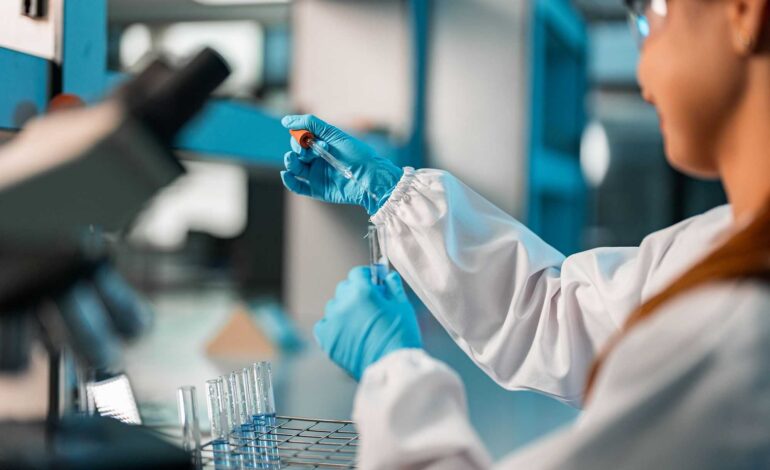FDA Accelerates Approval Process for Generic Biological Drugs

The U.S. Food and Drug Administration (FDA) has announced a new initiative aimed at streamlining the approval process for generic biological drugs, also known as biosimilars. This decision, made public on October 4, 2023, is designed to facilitate the introduction of more affordable alternatives to complex medications used in treating various health conditions. By increasing competition in the market, the FDA seeks to lower drug costs for American consumers.
Changes to Approval Process
Biologic drugs, which are derived from living organisms such as bacteria and animal cells, present unique manufacturing challenges compared to chemically synthesized medications. As a result, they have a distinct approval pathway within the FDA. Currently, biologics account for only 5% of prescriptions in the United States but represent over half of total drug spending, according to FDA reports. To date, the agency has approved just 76 biosimilars since the first one was authorized in 2015.
The FDA’s new draft guidance proposes significant changes to the requirements for proving biosimilarity. According to FDA Commissioner Dr. Marty Makary, the new approach will allow companies to reduce the number of clinical studies and trials typically necessary to demonstrate that a biosimilar is comparable to an existing FDA-approved product. “Biosimilars are often far more affordable to patients and have the promise to significantly lower health care costs in America,” Dr. Makary stated.
The FDA indicates that previous clinical efficacy studies which directly compare a biosimilar to its reference product have not provided substantial scientific value compared to analytical testing. This means that developers can rely on analytical testing alone to demonstrate product differences, which could save time and resources.
Impact on Healthcare Costs
The FDA’s initiative aims to increase the availability of affordable biosimilars, potentially leading to significant reductions in healthcare costs for treatments related to cancer, autoimmune diseases, and rare disorders. Currently, the FDA estimates that only about 1 in 10 biologic drugs expected to lose patent protection in the next decade have a biosimilar in development.
Furthermore, the FDA plans to eliminate certain regulatory barriers that hinder the process for classifying biosimilars as “interchangeable.” This classification allows pharmacists to substitute a biosimilar for its reference drug without needing to consult a prescriber, thereby enhancing patient access to lower-cost options.
Dr. George Tidmarsh, director of the FDA’s Center for Drug Evaluation and Research, emphasized the importance of adapting to evolving scientific standards. “Science continues to evolve, and the FDA remains committed to advancing common-sense policies that promote efficient and effective biosimilar development, without compromising safety and effectiveness,” he remarked.
The announcement aligns with broader efforts by the Trump administration to address rising drug costs, including initiatives aimed at ensuring that patients receive medications at the lowest possible prices. The FDA has noted that high drug costs can lead to patients skipping doses or abandoning treatments altogether, often exacerbating health issues.
With these changes, the FDA aims to support more companies in bringing high-quality biosimilars to market, ultimately working towards making healthcare more affordable for the American public.






